Next weekend is the 50th anniversary of Conservative MP Enoch Powell’s now infamous Rivers of Blood speech. In it, he predicted that uncontrolled mass migration would irreversibly change the nature of Britain for the worse. He foresaw that unlimited, unfettered transfers of population would so viciously erode the fabric of British society that the eventual outcome could only be civil war. In 1968, he was denounced by almost all sectors of the political establishment for his position and was relegated to the status of ‘a voice in the wilderness’, dying a politically isolated figure in 1998. Yet in his own defiant words, the wilderness was a good place to be, for echoes could be heard much more clearly there. And echoed through the ages he has. When large scale riots by Muslim youths took place in Bradford and Oldham in 2001, his warning rang in the ears of an increasingly fearful establishment. When the 7/7 Bombings rocked London in 2005, his spirit stirred again causing an increasingly dispossessed and shocked population to ask, was Enoch Powell right? In 2017, when 34 people were killed and hundreds injured in three separate terrorist incidents in London and Manchester – the refrain which was unsure at first began to build: Enoch Powell was right!
Yet despite all the frenzied activity of his ghost, Britain has blindly continued down its dark path. The political elite has recklessly, deliberately, and maliciously enacted a plan to destroy the Britain that Powell loved. The evidence of this is everywhere. It has become so transparent that it has even drawn international condemnation as a spate of foreign speakers who wished to question the direction of Britain have been denied entry. In a single week Austrian Generation Identity activist Martin Sellner, his American girlfriend and collaborator Brittany Pettibone, and fellow American Conservative Lauren Southern were all detained and deported from Britain for daring to question the political consensus. British citizens fared no better, as Paul Golding and Jayda Fransen of Britain First were jailed for alleged anti-Muslim hate crimes; and in a bizarre and utterly draconian move, comedian Mark Meechan who filmed his pet pug doing a Nazi salute and responding to Nazi slogans as a skit was convicted of ‘grossly offensive’ speech; a completely Orwellian concept incongruous with the spirit of British law.
This concentrated and centrally orchestrated attack on free speech took place while news was leaking out of another industrial scale Muslim grooming gang which had systematically abused white British teenage girls in Telford – repeating the pattern which has been seen in Rotherham, Oxford and numerous other British towns and cities. It is clear that the two issues are inextricably linked; that the increasing incompatibility of multicultural values with British values has forced the government to respond with tyranny in a vain attempt to maintain the coherence of the state. The harnessing of the legal apparatus of the state to repress the British population for the benefit of multiculturalism had already begun by the time Powell made his speech, and he attacked the Race Relations Act of 1965 – the first piece of legislation of its kind – exactly because he foresaw where that line of thinking would lead. In taking on the role of mediator between widely different and incompatible ethnic groups, the government has become a vindictive bully which has subjected British citizens to a tyranny of the minority.
What started with the Race Relations Act of 1965 has now metastasised into a monolithic and authoritarian machinery of control – The Equalities and Human Rights Commission, established in 2006, received over 60 million pounds of British taxpayer money per year to enforce remit which was completely antithetical to free speech, and designed to silence political opposition. In 2009 it demonstrated this blatantly when it launched legal proceedings against the British National Party (BNP) which had recently won 2 seats in the European election, citing the supposed illegality of its party constitution which specifically stated that only white Britons were eligible to join. The subsequent legal costs were largely responsible for the dissolution of the BNP, which had garnered nearly 1 million votes in the 2009 European Parliamentary elections. This is just one instance of the will of British people being frustrated, but it is striking evidence of the chasmic gulf which has opened up between rulers and the ruled. The parallel and separate ethnic societies within the British state which Powell warned of, are now enshrined in law. There is one legal system for the British people, and another, more preferential system of laws for the newcomers.
Britain is now in a de facto state of anarcho-tyranny. While the British population are mercilessly policed, even for private conversations, for inconsequential jokes, for minor political dissidence, large swathes of the country are operating with little functional law at all. This was demonstrated quite accidentally and much to governmental chagrin by the 2017 Grenfell Fire. When a west London tower block caught ablaze due to a faulty kitchen appliance, 129 people were killed in the subsequent inferno – or so we are told. Accurate figures for the death toll were initially impossible to ascertain because illegal multiple occupancy, undocumented immigrants, and shadow citizens entirely outside the legal framework of the UK were largely the casualties. Amid the calls for beatification and martyrdom of the victims, the state was desperately trying to ascertain who the victims even were in the first place. As it investigated the occupants, it discovered many were claiming thousands in benefits or had no legal basis to be in Britain at all. Nevertheless, a train station is to be dedicated to the victims who have received millions in compensation– meanwhile the mayor of Manchester Andy Burnham has pointed out the promised compensation for the victims of the Manchester Arena bombing has not materialised. This duality in approaches to communities is not an isolated incident; it is endemic. It shows how fearful the British state is of offending favoured groups – and those favoured groups are growing ever larger.
Powell, who was so ridiculed in his time for suggesting that London and Wolverhampton would become one third non-British, has been grimly vindicated by the statistic that white Britons now constitute 44.8% of the capital’s total, down from nearly 60% just ten years earlier. This trend has been mirrored in cities across Britain with Slough, Luton, Leicester, all possessing non-British majorities. Powell’s own former seat in Wolverhampton South West, is now occupied by an Afro-Caribbean woman. As these parallel societies have developed, knife crime, honour killings, acid attacks and moped robberies have flourished in London, accompanied by widescale electoral fraud in boroughs such as Tower Hamlets. ‘Grooming gangs’ has become a revolting phrase which has had to make its way into the British vocabulary as a direct result of mass migration. The terrorists who ran over pedestrians and blew up children attending a pop concert in 2017 may have been ‘British’ in origin – that is, raised on British soil, but they were not part of any British society the formerly homogenous population would recognise. The state has ceded control of these minority-majority spaces to the new occupiers, and rather than fighting for the security of its citizens it has contented itself to harass those who point out the truth.
The contemptuous, short-sighted, self-serving and hateful elite that now rule Britain would have gotten away with these crimes had it not been for another intervention by the spirit of Powell – the successful vote by Britain to leave the European Union. Powell was an early pioneer of Euroscepticism, so vehement in his beliefs that he abandoned the Conservative Party to encourage Britons to vote for the Labour Party who were promising a referendum on the issue, which eventually took place in 1975. At that time, only one third of Britons wished to leave the EEC, the forerunner to the EU, because the ravages of that institution had not yet become apparent to the majority of people. They had been self-evident to Powell, who understood that outsourcing a nation’s sovereignty was placing the country at the mercy of foreign powers whose interests would eventually not align with that of Britain. When the European Union introduced refugee quotas in the wake of the 2015 Refugee Crisis, the malevolent nature of that institution had become readily apparent to most Britons who despite all intimidation and propaganda firmly rejected it. The government may have thwarted the idea of a party for Britons, but it had failed to extinguish the Britons themselves and to exorcise the ghost of Powell.
This begs the question, why was Powell right – and why is our government so wrong? Even now, May’s shambolic zombie government is attempting to pretend that Britons didn’t really want to leave. They are betraying the British people yet again, seeking to elongate and water down the process of Brexit, to foment a pointless and highly dangerous confrontation with Russia as a distraction, and to all the while pretend they care about the British people while replacing them at an exponential rate. This at first seems hard to understand, especially as the politicians who have so callously presided over the last 8 years of disaster are from Enoch’s former party. What is the difference between the odious non-entities that rule us and a titan like Enoch? It is that Enoch Powell possessed a Heart of Oak – he belonged to that storeyed tradition of great Britons, men and women who believe in Britain and Britishness not as some abstract set of values, but as a primordial and ethnic truth. He took the name of the Conservative Party seriously – he wanted to conserve Britain and the British people, not conserve the economic interests of the few.
As a distinguished classicist he not only understood but relished the fact he was from a heroic Western tradition, he mentally inhabited the same psycho-spiritual plane as the Romans, the Anglo-Saxons, and the Victorians. Despite being bookish and genteel, he understood that it isn’t enough to simply ‘believe’ in Britain – you must also be prepared to defend its existence by force if necessary. He served with distinction in the Second World War. Not long after his birth, many in the generation before him had to make the ultimate sacrifice for Britain the First World War. He, unlike our politicians today, understood that nations are not simply unchanging and fixed sterile units – they are maintained by the will and vigour of those who fight for them. Our politicians today are terrified of their inheritance, of their duty. When the movie Dunkirk was released in 2017, depicting the British evacuation at the eponymous battle, it was denounced as being too male, too white, and too violent. What it was in actuality was too British – it scared both the establishment and would-be establishment because it reminded Britons of something they wanted to forget, that this first and foremost has been a nation of warriors, explorers, and conquerors; those possessing hearts of oak.
Our politicians today are so ready to surrender Britain to anarcho-tyranny, to sell it out at every opportunity and to ultimately give up because they have lost the connection to what Britain really is. It is disingenuous to pretend that multiculturalism alone changed British values, it was largely the British elite who lost its nerve in the face of Suez and the dissolution of the Empire. They want the EU to dominate us, because they know that they cannot measure up to the past glories of Britain – they have mournfully abnegated their responsibilities. In Germany and in the formerly Confederate states of America, a process of denunciation of the past has taken place, with violent destructions of old iconography and soul searching about the meaning of identity. In Britain the political class have simply tried to ignore our achievements, to pretend they didn’t happen – just as they are pretending that the people didn’t really want Brexit. They have retreated into fantasy when faced with the harsh realities of the world. They have recast Britain as a lightweight, weak willed and superficial nation – a country of “keep calm and carry on” posters, Harry Potter and self-deprecation. An inoffensive and castrated nation, the risible ‘cuck island’ that acerbic international commentators perceive it to be.
Just as they have bought into a fantasy about the present, they have bought into a fantasy about the nature of the past as well. They largely have shied away from publicly denouncing the British Empire because they have allowed themselves to believe it was simply a technological and commercial entity that spread itself by liberal means; a misunderstanding which coloured their misguided efforts to spread neoliberal utopia to Afghanistan and Iraq. What their value-based perception of British identity has failed to consider, is that it was not technology or trade that made Britain great. It was a raw martial will, a militaristic and hard-edged character of extreme forcefulness and determination that rests beneath the veneer of British politeness. The story of the Empire is one of struggle, in which the natives gave as good as they got. In the Indian Mutiny, at Siege of Khartoum, at Isandlwana, the supposedly passive populations temporarily got the upper hand over the British and massacred the defeated Brits. But in the end, by force of arms, steely determination, and sheer grit Britons prevailed. That is the real character of Britain, the beating hearts of oak that built the British Empire. That is the caste of men that Enoch Powell belonged to.
We must now understand the seriousness of the situation we are faced with, just as Enoch did. If you really believe in what Britain truly is, you will understand that the process we are undergoing is not simply a change of values, or the passing of the generational torch, it is the wholesale destruction of our country and our people. The British lion may have given a mighty roar with Brexit, but it is beset by many hyenas. The machinations of the European Union, the total loss of our personal and political liberties, the rampaging destruction caused by the entirely separate and alien ethnic communities that have been allowed to do as they wish in our midst. It is time for us to develop our own hearts of oak, to understand that we are part of a great and unfinished history, that we belong to the same ilk as Nelson and Wellington.
We with hearts of oak are part of the true British tradition, we hear the voices of Britons who were willing to square up to those who would oppose us and crush them underfoot or to die trying. We remember Gordon of Khartoum, staring down approaching Muslim Mahdists hordes with revolver in hand. We remember Melville and Coghill, valiantly saving the Queen’s colours from the ferocious and frenzied hordes of Zulus. We remember Nelson on the deck of the HMS Victory, dying but still only concerned with his duty. We understand Britain is our lifeboat in a sea of uncertainty and global strife. It is our proud galleon and it is the only one that we have. We may complain about it, we may despise our government, but when we see the British countryside and hear the strains of Elgar, we know we are home. Our ship is sinking fast and Nelson is dying on deck. The war that Enoch Powell warned us of 50 years ago is here now. It is being waged by every grooming gang, every Muslim terrorist, every corrupt and lying politician. It is a war on us, on the British people, and we are losing. But just as at Dunkirk, we may lose the battle, but we will not lose the war. Tonight, the BBC will broadcast Powell’s speech again – and it will be a clarion call for all those with hearts of oak to join together in The New Battle of Britain. Just as the great heroes of our past, we must raise up our voices and say, Britain is ours – come on ye noblest English! England expects every man to do his duty, and our duty is to repel all boarders. Too much rests on this battle for it to be lost, and we do not intend to.
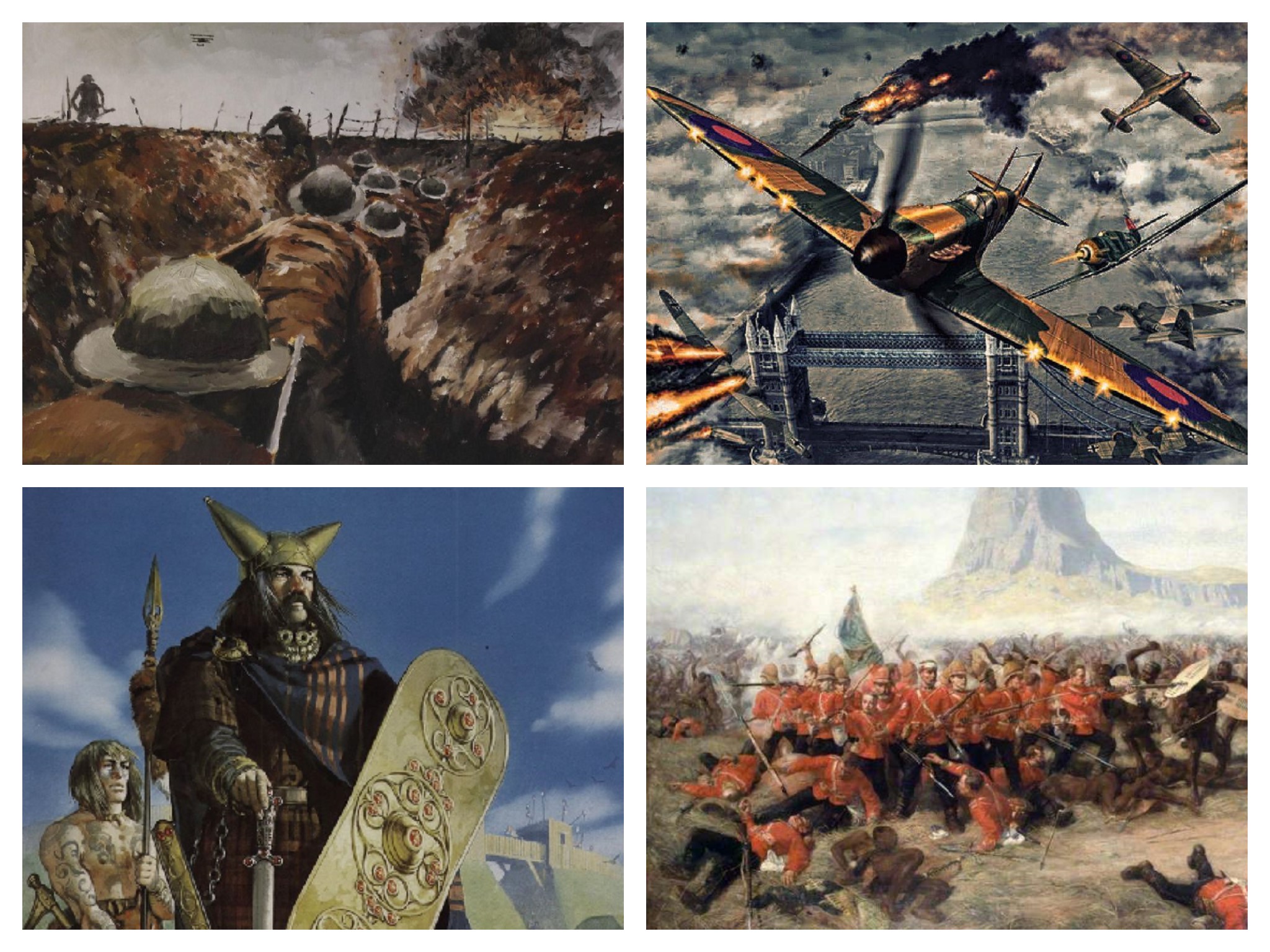
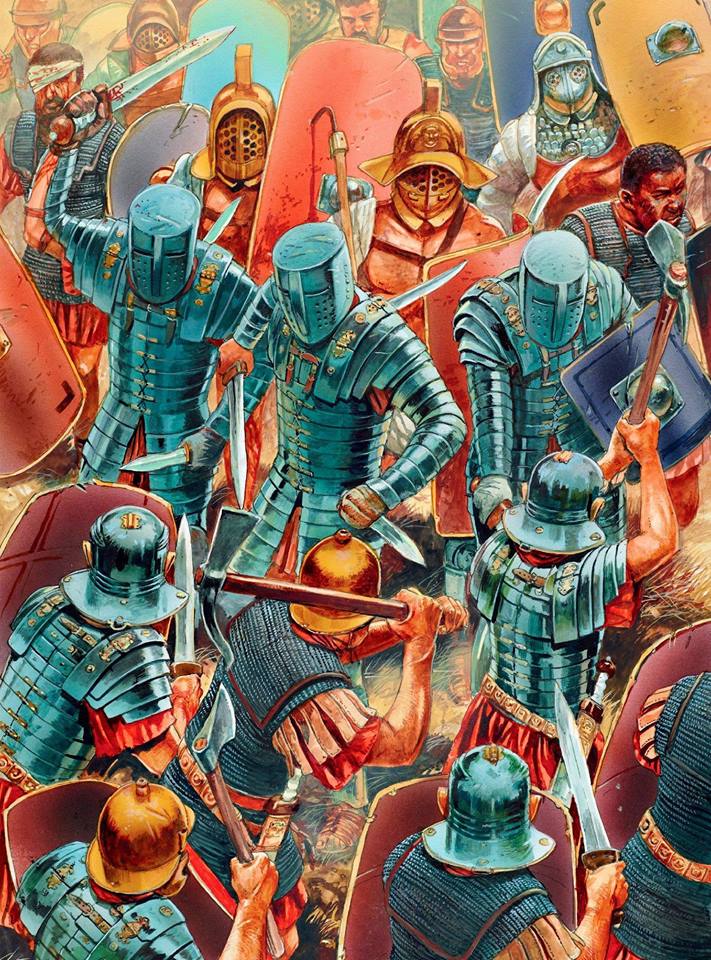
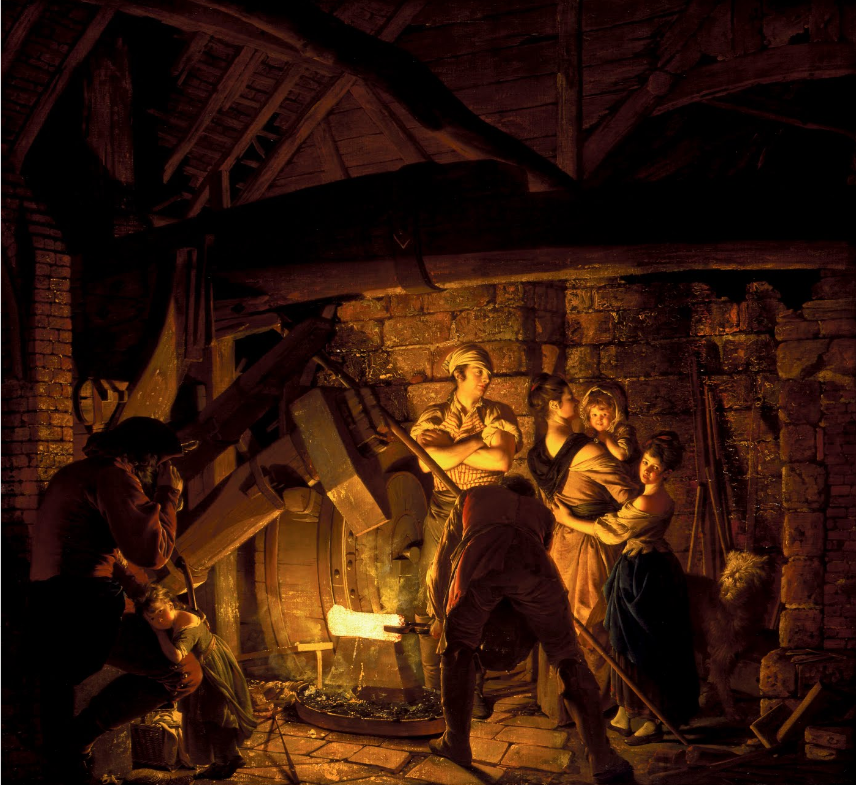
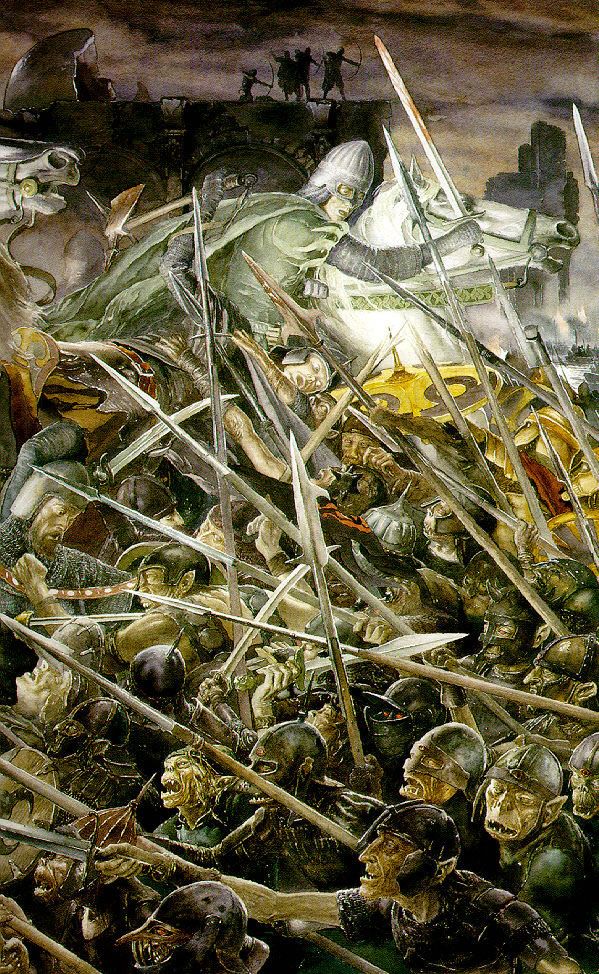
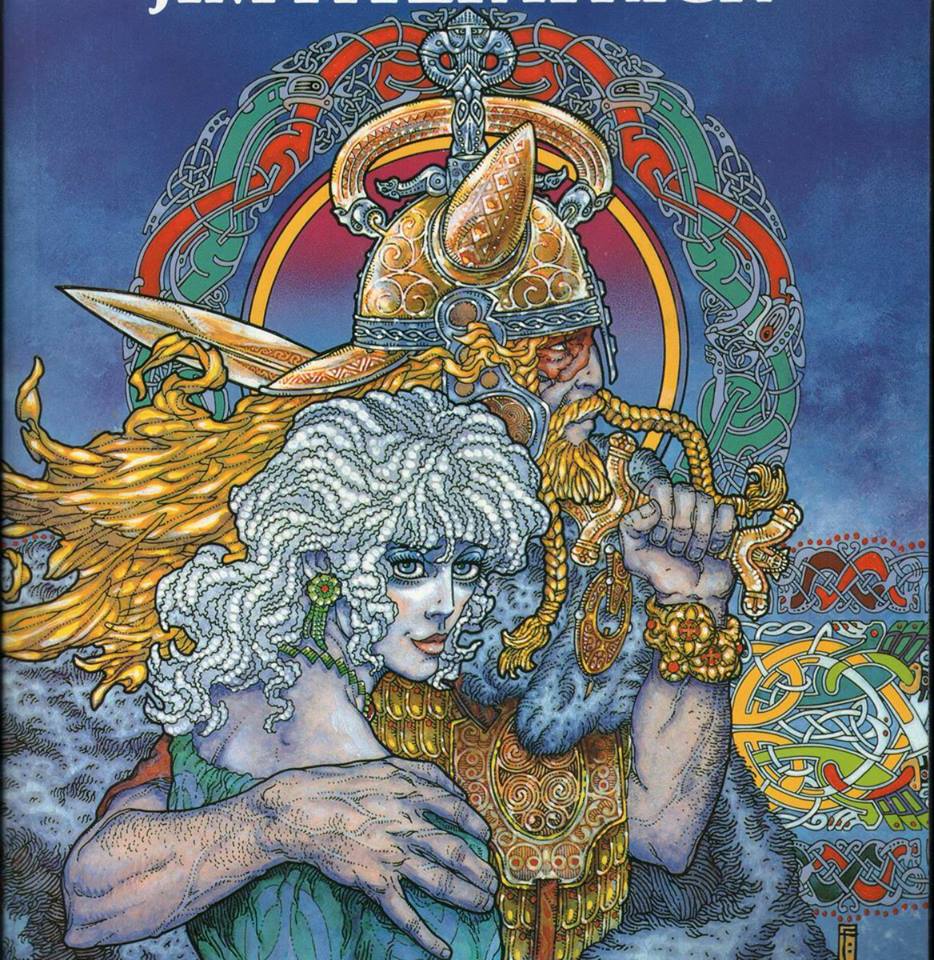
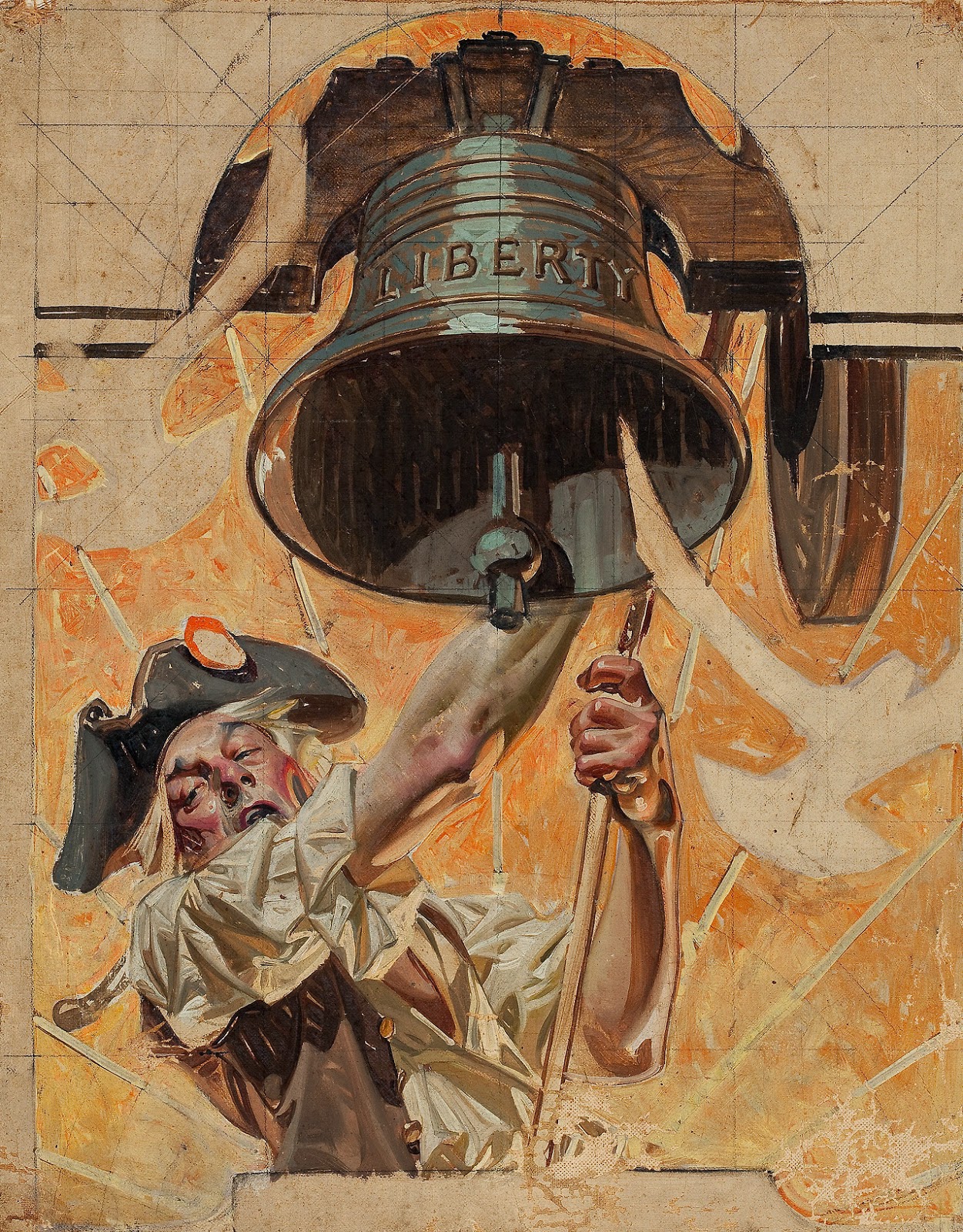

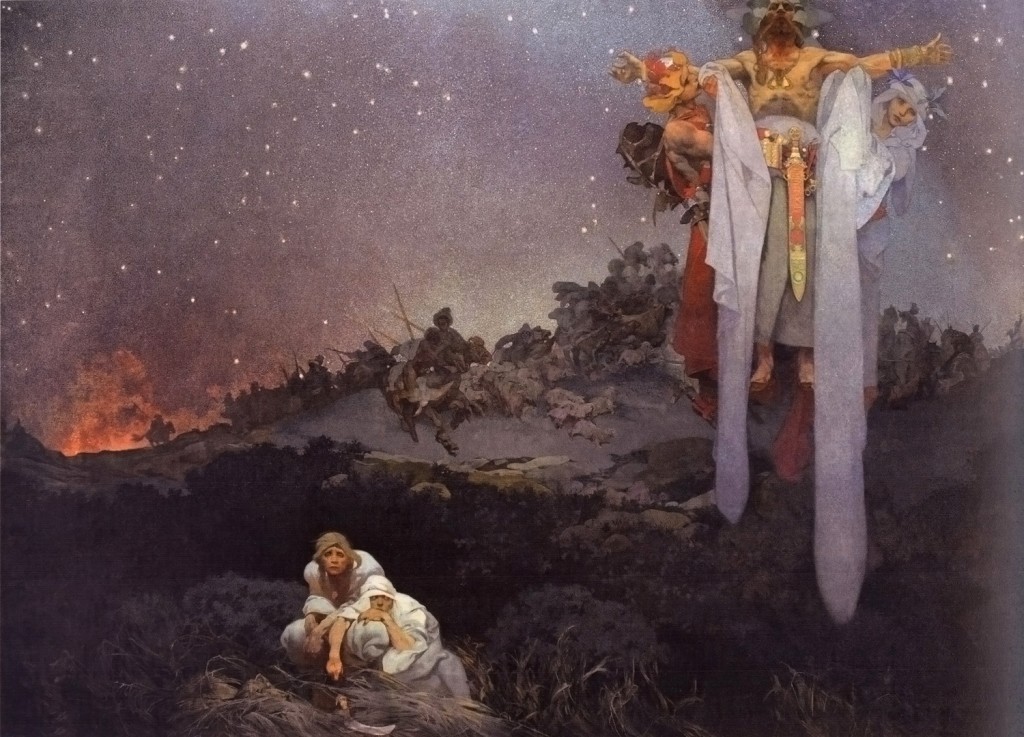
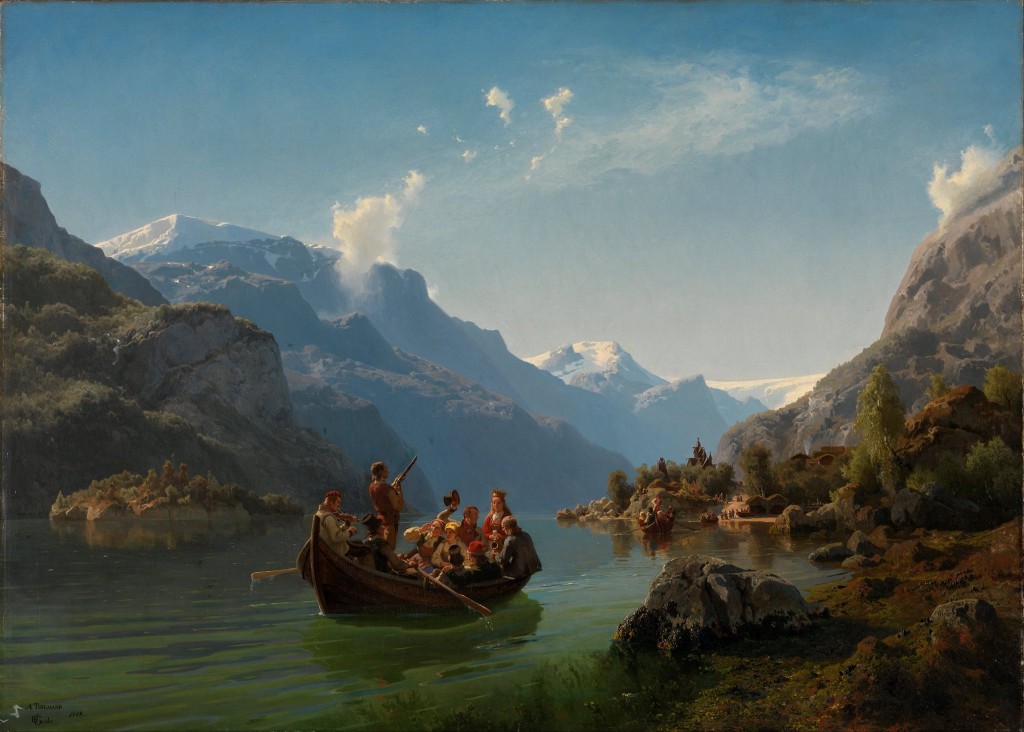
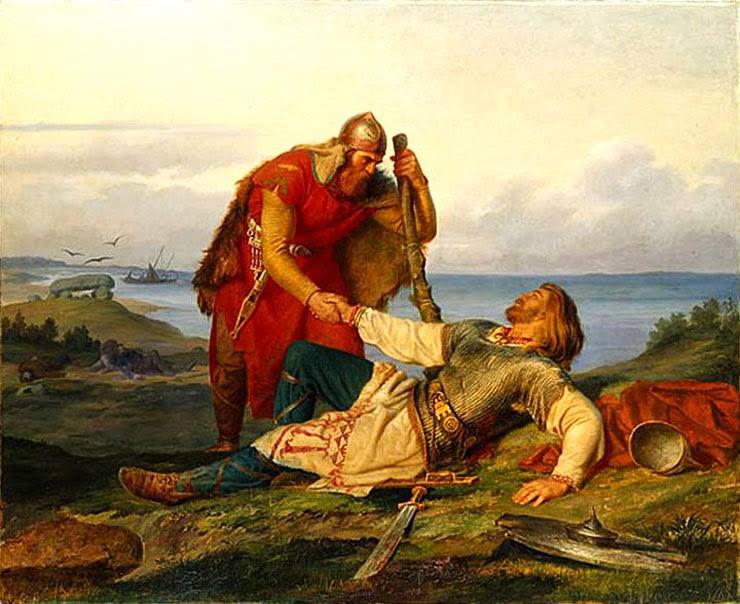
Recent Comments